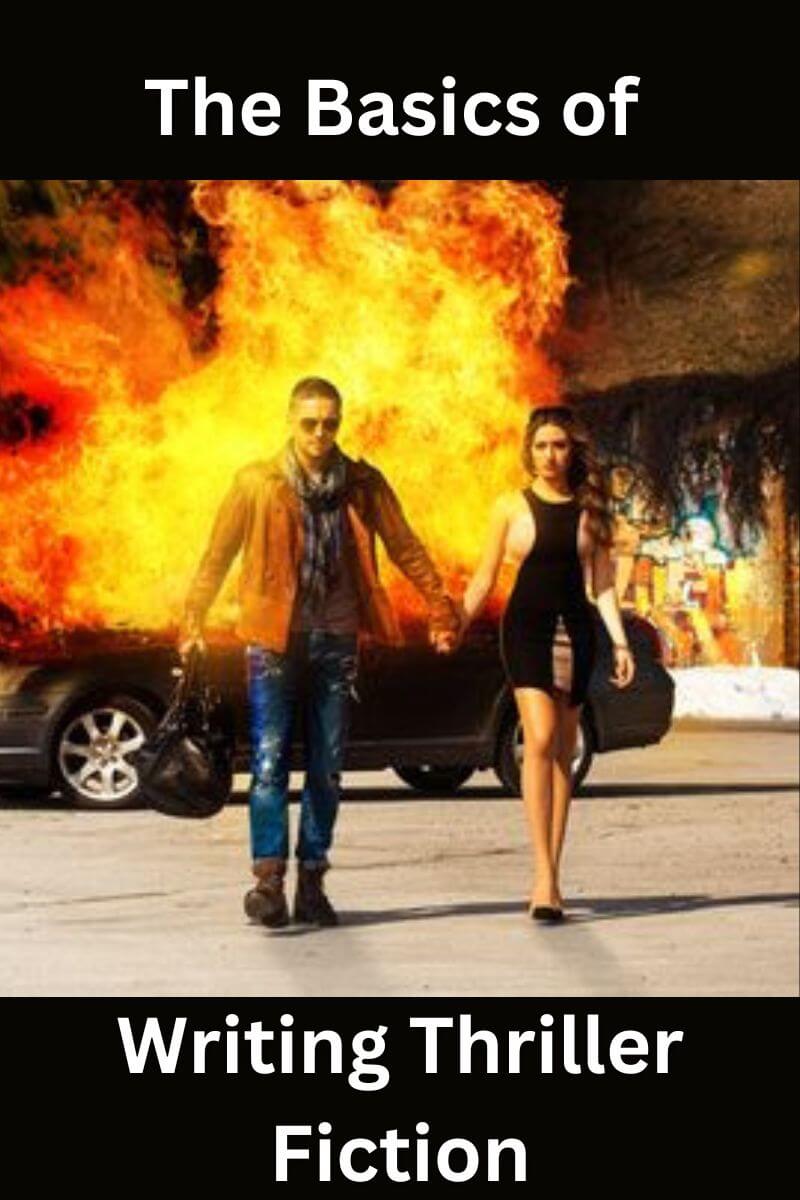Does your antagonist have to know they are the antagonist?
by Lessa
(North Carolina)
Question: I'm very glad I found this website; it's very informative. I have a question but I'm not sure if it pertains more to character development or plot. My protagonist is a princess who has been raised away from home after an accident left her orphaned. She believes absolutely that her older sister who is now queen is evil through and through. The older sister has no idea up until the climax of the story that this is her younger sister's belief. Is that an acceptable way to have the story come out?
Answer: Absolutely! No antagonist actually sees herself as the antagonist. Everyone is the hero in her own mind. An antagonist in a story is simply someone with a motivation to prevent the story goal from being achieved.
Most villains, believe they are good and that their actions are right, even when they do terrible things that cause much suffering.
Sometimes people justify their actions by valuing something so much -- a vision, an ideal, a goal, a belief -- that it takes precedence over their compassion for others.
Sometimes people let themselves become out of touch with the people who suffer from their actions, so they don't see the harm they cause and don't have a normal empathetic response.
Some villains may suffer from a mental disability such as sociopathy or psychopathy, so they don't feel empathy the way people normally do.
And there are certain quasi-mental disabilities or character flaws such as narcissism or other ego problems that can make people value their own accomplishments ahead of other people's well-being.
Take any leader who did terrible things, they will always tell you that they did the right thing or what had to be done. They will have all kinds of justifications.
That's what makes them dangerous.
Best of luck.
- Home
- Character Questions
- Does your antagonist have to know they are the antagonist?











